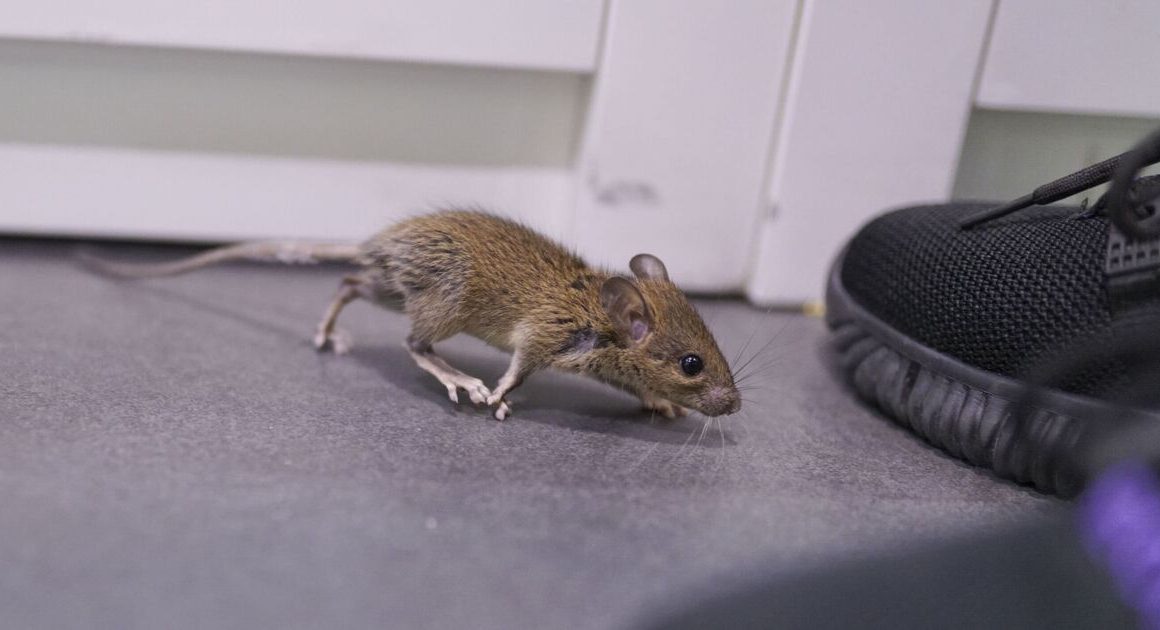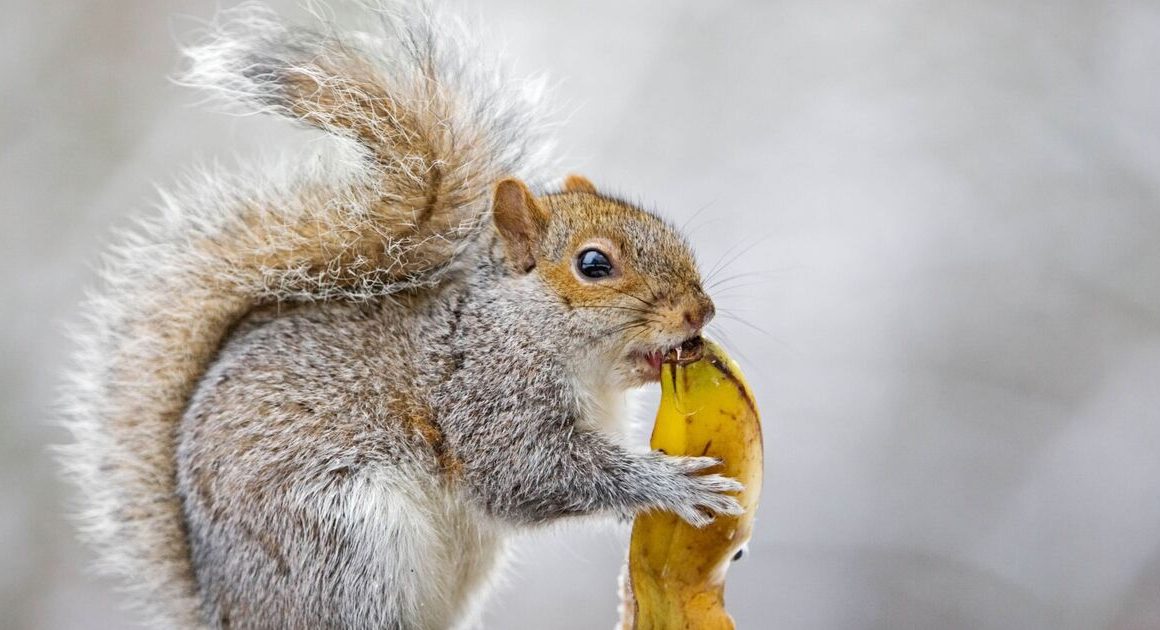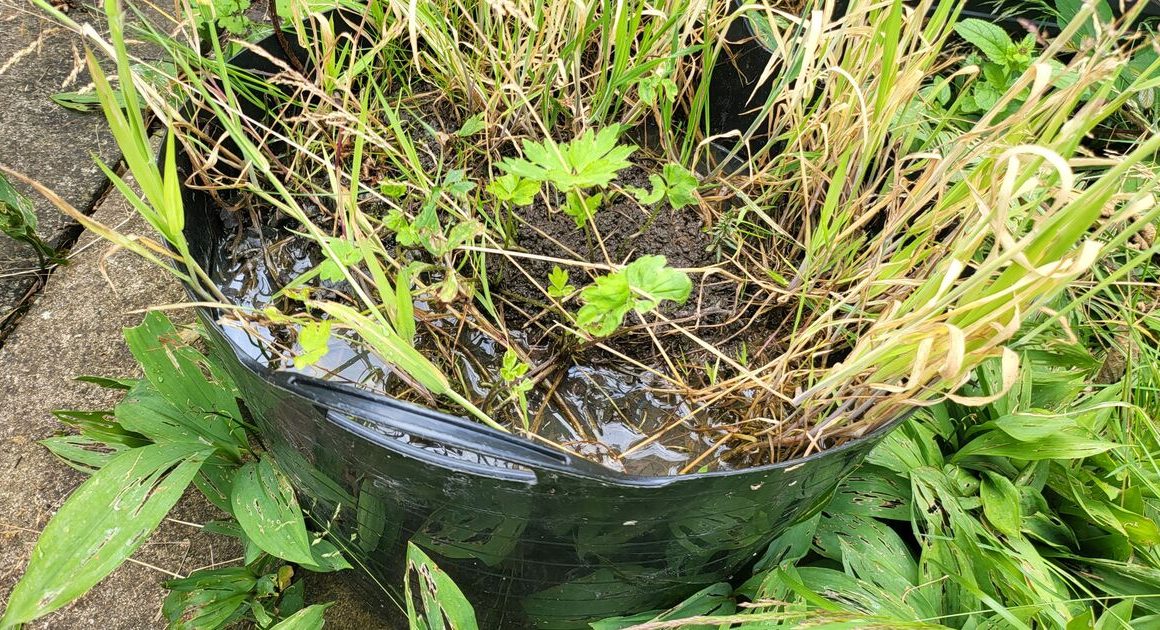As September arrives, it’s time to bid farewell to the summer season and prepare for the onset of autumn.
Despite the impending change in season, summer warmth will be lingering, with balmy evenings, social gatherings, and garden barbecues still on the cards.
Clear It Waste, a rubbish clearance firm, has offered some handy advice on how to efficiently ready your home for the shift in seasons, including which items require more frequent cleaning during warmer weather. The experts warn that neglecting to change your bedding could lead to an accumulation of bacteria and pest parasites.
Bed sheets
Given the above-average temperatures this September, it’s hardly surprising that people are prone to perspiring more during warm summer nights, reports the Daily Record.
It’s advised to clean your household bedding every one to two weeks as sweat can promote the growth of bacteria, pest parasites, odours, and dust mites.
Moreover, hotter periods can exacerbate issues such as hay fever and pollen allergies, both of which can increase allergens in your bed and cause congestion. Washing your sheets at 60C is recommended to ensure all dust mites are eliminated during the wash.
Toilet and flush handle
When the sun is shining, many of us will invite friends and family into our homes, but this also means an increase in guests needing to use the bathroom. With this in mind, it’s crucial to sanitise areas of your toilet more frequently.
Don a pair of yellow rubber gloves to shield your skin from harmful chemicals and cover the entire interior of the toilet bowl with a product designed to clean and disinfect.
Employ a toilet brush with the cleaner to scrub away unsightly stains around the inside of the toilet bowl, let the formula sit for five minutes and then flush. Remember to clean your toilet seat as well, using the cleaner to wash both sides of the seat thoroughly.
Don’t neglect to clean your toilet flush handle as this can be a highly contaminated area. Use a disinfectant spray or antibacterial wipe and allow it to dry.
Baking soda and white vinegar are suggested alternatives for cleaning your toilet to remove stubborn stains, if you’d prefer to use more natural ingredients.
Outdoor water sources
Those that have a bird bath in their garden, should change the water at least once a week to keep it fresh, as water can be precious for birds during warm months.
If your bird bath turns red or green with algae, utilise a hose and scrubbing brush to eliminate the dirt. Mild disinfectants can also be used, though ensure the source is rinsed thoroughly afterwards.
It’s crucial to regularly maintain the area around water sources. Outdoor taps, gutters, and buckets, among other water sources, can become breeding grounds for mosquitoes and other insects during the summer months.
Air conditioning and vents
For those fortunate enough to have air conditioning in their homes, it’s vital to clean air vents more frequently. This improves the air quality in your home, which can help alleviate allergy symptoms.
If you discover any dust or debris in your air vent, use a vacuum cleaner with a small brush attachment to remove it. If a more thorough cleaning is required, take off the vents and soak them in hot, soapy water.
Barbecues
The moment the sun comes out, many of us are keen to fire up the barbecue. As a result, grills and outdoor cooking equipment need to be cleaned more often during the warmer months.
Barbecues accumulate grease, food particles, and debris. To avoid food contamination and keep your grill working properly, it’s recommended to clean the grates and exterior of your barbecue after each use, as well as performing a deep clean at least once a month.
While the grill is still hot, carefully scrape off the food residue without touching the metal as this is when burnt food will come off most easily. After the grill cools down, use a mixture of washing up liquid and warm water to remove any remaining food particles.
It’s crucial to dry your grill immediately after cleaning to avoid rusting. Instead of traditional methods, household items like onions, coffee, and aluminium foil can also be used to clean barbecues.












